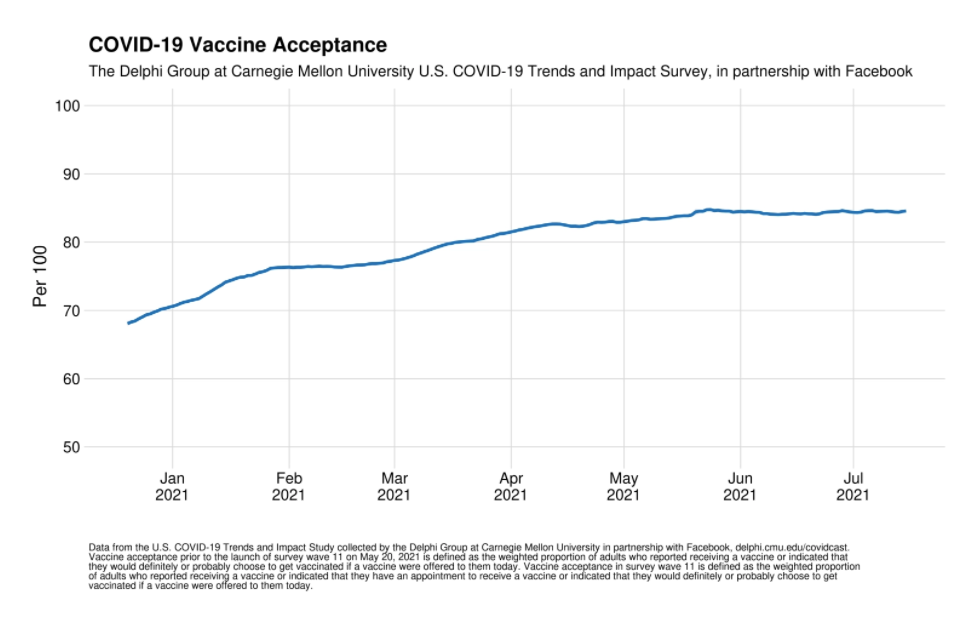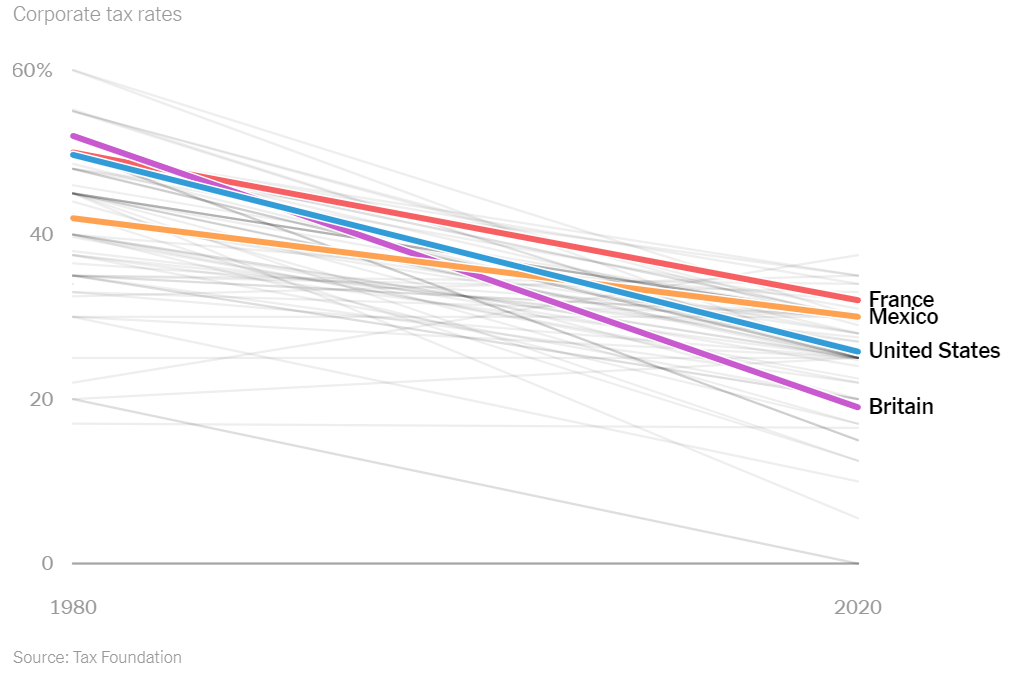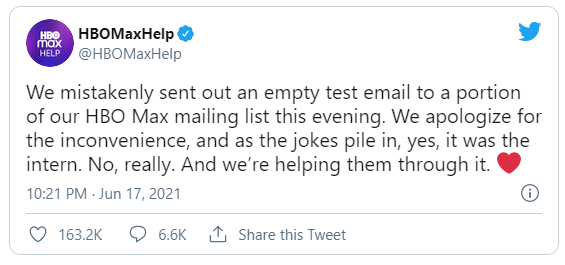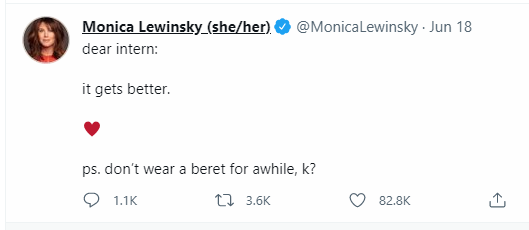Delta Airlines and the Delta Virus
/Unfortunately for Delta Airlines, the new COVID-19 variant is called Delta. In a message to employees, below, CEO Ed Bastian, refers to the virus by its scientific name, B.1.617.2 variant. He has also called it “the most recent virus variants” and simply “the variant.” Jimmy Fallon joked about the issue on his late-night show, saying that the airline is now called “Del-tay.”
Bastian may not need to worry. Reports show that Corona beer sales didn’t decline after the coronavirus first hit the news.
Bastian’s email to employees also is a good example of a persuasive message. He encourages employees to get vaccinated and describes extra precautions for those who are not. However, he stops short of requiring vaccinations as have other CEOs.
Ed Bastian to Delta Colleagues Worldwide
COVID-19 update
Since the earliest days of the pandemic, our No. 1 priority has always been to protect our people and customers. Over the past 18 months, we have invested heavily in cleanliness, personal protective equipment, testing, and – most importantly – vaccines.
Today I’m pleased to announce that we’ve reached the milestone of 75% of our people vaccinated, which puts us one step closer to getting back to what we do best – connecting the world and running the best airline on the planet. I want to personally thank all of you who have taken the time to receive a vaccination – your actions are making a real difference.
In addition to vaccinating our people, we’ve been proud to partner with the state of Georgia to operate the state’s largest mass vaccination site at the Delta Flight Museum, where nearly 35% of the state’s mass vaccination doses were administered to residents. In total, more than 150,000 doses were administered to our employees, their family members and friends at Delta clinics around the country.
Delta's top priority is protecting our people. Since the start of the pandemic, we've invested resources to mount industry-leading safety measures in the operation.
While we are grateful for the progress we’ve made, the most recent virus variants make it clear that more work remains ahead. The COVID-19 pandemic is a global health crisis, and one of the most dangerous challenges our world has faced in this lifetime. Over the past few weeks, the fight has changed with the rise of the B.1.617.2 variant – a very aggressive form of the virus. Our Chief Health Officer, Dr. Henry Ting, describes the variant as a “heat-seeking missile” that transmits predominantly through the unvaccinated community.
According to Dr. Ting, while breakthrough cases among the vaccinated do occur, the vast majority of those are mild and often present no symptoms at all. However, the variant has resulted in a significant rise in hospitalizations and deaths, almost entirely impacting those who have not yet been vaccinated. While we can be proud of our 75% vaccination rate, the aggressiveness of the variant means we need to get many more of our people vaccinated, and as close to 100% as possible.
We’ve always known that vaccinations are the most effective tool to keep our people safe and healthy in the face of this global health crisis. That’s why we’re taking additional, robust actions to increase our vaccination rate:
Effective immediately, unvaccinated employees are required to wear masks in all indoor Delta settings. This requirement will remain in place until community case rates stabilize.
Starting Sept. 12, any U.S. employee who is not fully vaccinated will be required to take a COVID test each week while community case rates are high. Those with a positive result will need to isolate and remain out of the workplace.
Beginning Nov. 1, unvaccinated employees enrolled in Delta’s account-based healthcare plan will be subject to a $200 monthly surcharge. The average hospital stay for COVID-19 has cost Delta $50,000 per person. This surcharge will be necessary to address the financial risk the decision to not vaccinate is creating for our company. In recent weeks since the rise of the B.1.617.2 variant, all Delta employees who have been hospitalized with COVID were not fully vaccinated.
Effective Sept. 30, in compliance with state and local laws, COVID pay protection will only be provided to fully vaccinated individuals who are experiencing a breakthrough infection.
More details will be coming soon from your divisional leaders.
I know some of you may be taking a wait-and-see approach or waiting for full FDA approval. With this week’s announcement that the FDA has granted full approval for the Pfizer vaccine, the time for you to get vaccinated is now. We can be confident that the Pfizer vaccine is safe and effective, and has undergone the same rigorous review for other approved medications to treat cancer and heart disease, as well as other vaccines.
If you aren’t fully vaccinated, I strongly urge you to discuss the issue with your personal physician or health provider. In addition, testing and vaccination information is available on Deltanet, and Dr. Ting provides regular, informative updates on the state of the virus and the tools available to keep yourself and your loved ones safe and healthy.
Protecting yourself, your colleagues, your loved ones and your community is fundamental to the shared values that have driven our success for nearly a century. Vaccinations are the safest, most effective, and most powerful tool we have to achieve our goals, live up to our values and move forward.
Ed






















